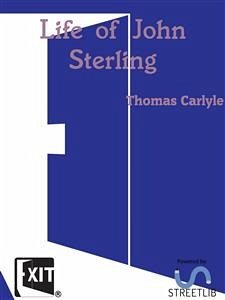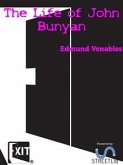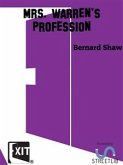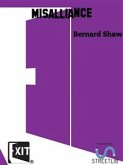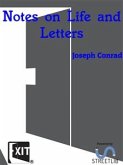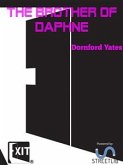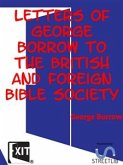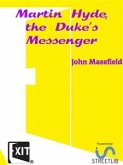CHAPTER I. INTRODUCTORY.
Near seven years ago, a short while before his death in 1844, John Sterling committed the care of his literary Character and printed Writings to two friends, Archdeacon Hare and myself. His estimate of the bequest was far from overweening; to few men could the small sum-total of his activities in this world seem more inconsiderable than, in those last solemn days, it did to him. He had burnt much; found much unworthy; looking steadfastly into the silent continents of Death and Eternity, a brave man's judgments about his own sorry work in the field of Time are not apt to be too lenient. But, in fine, here was some portion of his work which the world had already got hold of, and which he could not burn. This too, since it was not to be abolished and annihilated, but must still for some time live and act, he wished to be wisely settled, as the rest had been. And so it was left in charge to us, the survivors, to do for it what we judged fittest, if indeed doing nothing did not seem the fittest to us. This message, communicated after his decease, was naturally a sacred one to Mr. Hare and me.
Hinweis: Dieser Artikel kann nur an eine deutsche Lieferadresse ausgeliefert werden.
Near seven years ago, a short while before his death in 1844, John Sterling committed the care of his literary Character and printed Writings to two friends, Archdeacon Hare and myself. His estimate of the bequest was far from overweening; to few men could the small sum-total of his activities in this world seem more inconsiderable than, in those last solemn days, it did to him. He had burnt much; found much unworthy; looking steadfastly into the silent continents of Death and Eternity, a brave man's judgments about his own sorry work in the field of Time are not apt to be too lenient. But, in fine, here was some portion of his work which the world had already got hold of, and which he could not burn. This too, since it was not to be abolished and annihilated, but must still for some time live and act, he wished to be wisely settled, as the rest had been. And so it was left in charge to us, the survivors, to do for it what we judged fittest, if indeed doing nothing did not seem the fittest to us. This message, communicated after his decease, was naturally a sacred one to Mr. Hare and me.
Hinweis: Dieser Artikel kann nur an eine deutsche Lieferadresse ausgeliefert werden.

